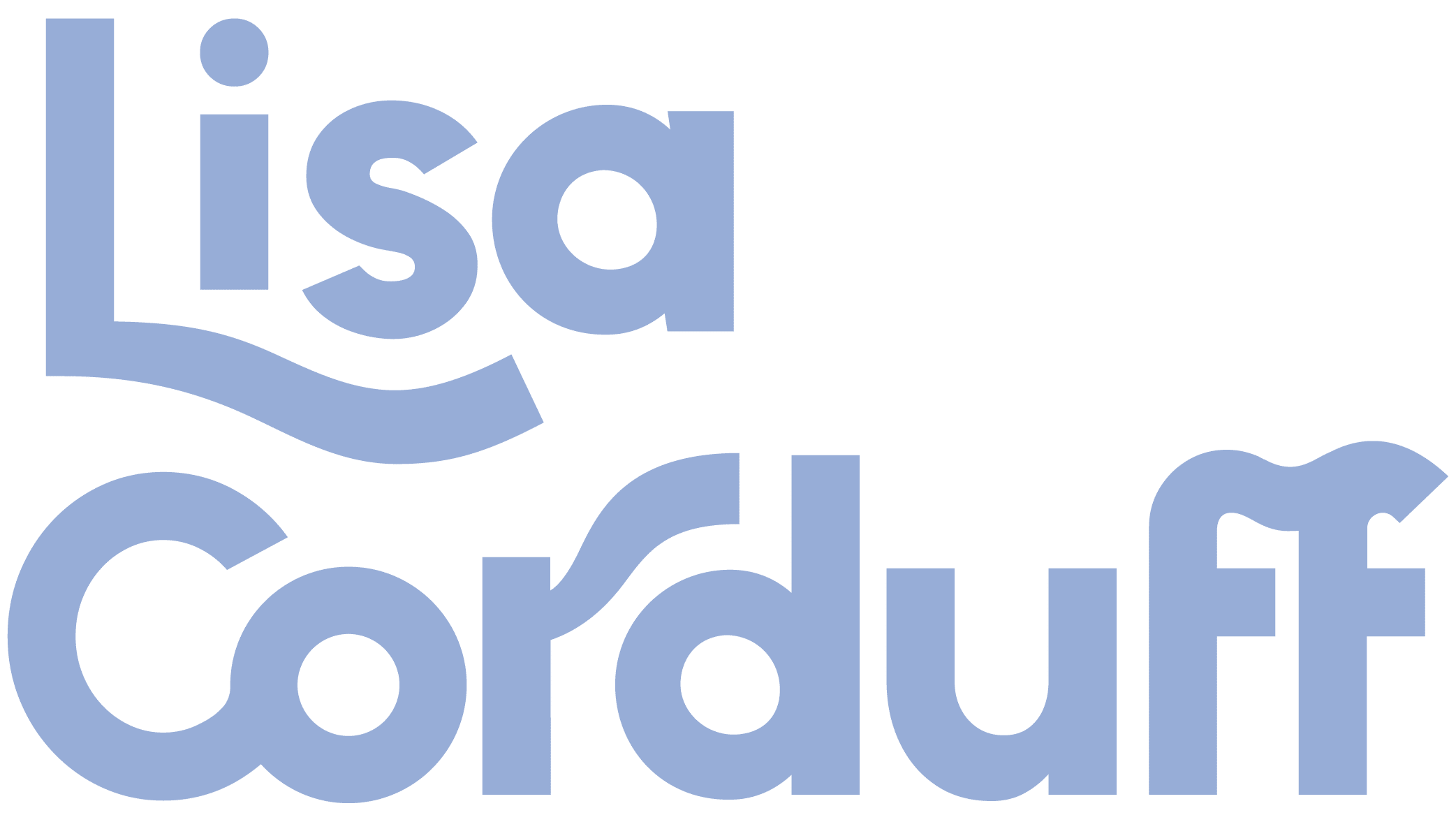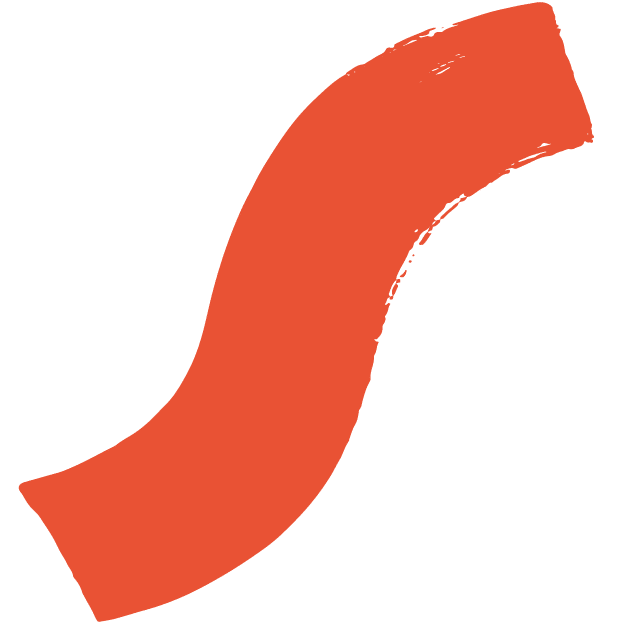
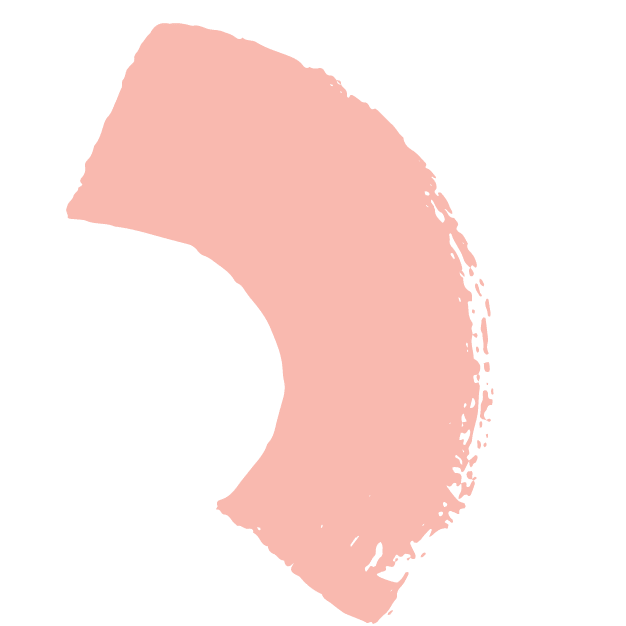
Never miss an episode! Subscribe and listen on iTunes, Stitcher or Spotify.
The journey that Lisa has lived behind the scenes of running her business is shared in this very personal and vulnerable episode covering the years 2015 – early 2019.
It’s a high-level overview of the realisation of her former husband’s addiction to alcohol to their marriage separation.
She recalls specific moments in time, how she felt and what helped her through.
She shares for every woman who is living a silent struggle.
Content Warning: Alcohol addiction.
Alcohol is the most commonly used drug in Australia and there is no shame in seeking support about your consumption.
If you or someone you love is struggling with Alcohol Use Disorder (or are questioning whether you/they are) then pick up the phone and make a call.
There’s nothing to lose. Everything to gain.
Lifeline 13 11 14 (24 hours/day, 7 days/week)
Beyond Blue 1300 224 636 (24 hours/day, 7 days/week)
Al Anon al-anon.org.au/contact to find the best contact in your state
Alcoholics Anonymous 1300 222 222 (24 hours/day, 7 days/week)
Kids Helpline 1800 551 800 (24 hours/day, 7 days/week)
Links:
Get access to Lisa’s powerful new FREE Workshop:How to Change the Self-Defeating Thinking Patterns Keeping you Stuck.
Continue your conversation with Lisa:
Know someone who would love this episode? Share it with them here
Prefer to read? Access the transcript here
Hi, it’s Lisa Corduff. Welcome to the podcast where you can expect inspiring, raw, energising and transformative conversations with people on the path of personal evolution. I’m here to really live my life. And if you are too, these conversations are just for you. I’m really glad you’re here. Enjoy.
Hi, welcome to this episode of the podcast that has probably been a long time coming, but like with all things, is happening at the perfect time. Gosh, I have been showing up on podcasts, on social media, blogs, webinars, in my programmes, all sorts of things over the last seven years. And I’ve been doing it despite my life feeling pretty tricky a lot of times. And I was dealing with something all those years that I felt I couldn’t really talk about for lots of reasons that I’ll probably explore during the series where I’m going to be sharing the story so far.
I can remember once just… I don’t even know why I was Googling myself. I think I was trying to find an old picture and I put Lisa Corduff into Google. And the Google search suggestions were Lisa Corduff husband death. Lisa Corduff: how did Nick die? Lisa Corduff death. And I thought, wow, people have a lot of questions or they’re very curious about what happened to my… Well, I call him my former husband, because we were separated when he passed away.
There’s lots of gaps in people’s knowledge. And I felt absolutely no desire to share what happened to him mainly because we were all still getting our heads around it ourselves. Also, because it’s the nature of addiction to hide itself. It doesn’t want to be known because while it is unknown, it can survive. And so there were lots of people in his world who didn’t know that he was dealing with… There’s lots of different names of it, and he always really hated the term alcoholic, he hated the term addiction. We often referred to it as disordered drinking habits, but mostly most people know of alcoholism as… it’s an addiction to alcohol. Your brain is operating in different ways to normal people around a certain substance or thing.
And the more I’ve learned, the more I realised we’re all addicted to something. I mean, how happy would you be if I told you that you had to stop drinking coffee or stop, like you literally would never be able to touch chocolate or whatever it is that’s your favourite thing. Again, you’d be a bit sad and you’d struggle with it because we are habitual creatures. But I’m not going to get all technical about all that sort of stuff. I’m not going to get technical about where it all comes from. The role trauma plays in someone becoming something. His story is really his story, and he’s not here to tell it. And I’ve also struggled with telling my story without implicating him or making assumptions on his behalf because I didn’t feel very fair either.
The thing is that addiction is a family disease
Addiction impacts people around you. Our relationship dynamic was not healthy in the end. We could really see that and it’s a big part of the reason why we separated. Getting healthy, both him and I, required us to not be together. But I thought I would share a little bit about what was going on. Some of the backstory, I guess, because the themes that I talk about, you’ll be able to hear in this story. You’ll probably maybe recognise yourself amongst some of the themes, even although you’re not the wife of an alcoholic. And I’m sharing this story at this time now, because I realise that the next phase of my life involves more honesty, more acceptance of the shadows and the lights side of me, more ownership of my story and what I have lived through and doing it from the most honest place that I can so that I guess I can live my fullest expression.
There’s so many reasons why we keep ourselves, our stories hidden. And I get it, I didn’t feel like I owed all those people who were Googling my story, my very, very personal story, anything. So in many ways, I’m not doing this for you. I’m doing this for me. I don’t know how it’s all going to come out, but just bear with me. I thought we could maybe just talk about in this particular episode, the period from maybe 2015 to 2019. And I really, really want to preface this by saying that if you or someone you love is struggling with this particular issue right now, that there are phone numbers you can call. Lifeline is a really good one here in Australia.
You might hear things in this episode that will trigger you. And so I want you to think responsibly about whether you want to listen, because I know that for me, I have to be very, very protective of what I allow into my space, because I have so much processing to do around all of this stuff. And the smallest things can set me off and it’s my responsibility to manage my inputs. And I just want to encourage you to take that same level of responsibility too. If you need help, there’s a few places that you can go that I’ll add below the podcast notes and I encourage you to do that.
Nick and I got married in 2009, and that was so amazing. I mean, I was so in love with this human and we both were. I think people used to tell us all the time we were couple goals. We had a really, really close connection. I remember years after we started living together, still bounding up the stairs to our apartment because I just literally couldn’t wait to see him. He made my life interesting. He thought on a completely different level to me, he was so artistic, so curious. He was caring. If you got into a conversation with him, you would end up in places that you didn’t really even recognise within yourself. I saw that he did this to people all the time. They would just open up to him. He was a really safe space for a lot of people. And I felt so thrilled that we were together and that I got to witness this human throughout his life.
We had children pretty fast. He was just riding there in the thick of it with the kids. I never had to ask him to do stuff. If he was home, it was kids. And you know I’d had bloody three children in under four years. What else were we going to be doing? But like every couple, we struggled with just the monotony of afternoon naps and bedtimes and nappies and all of the things, but there was also this underlying thing that started to really appear and it really started to feel strange to me. I think it was really 2015.
I remember we were down in Melbourne, was staying with my parents. And very ironically, we went to a pub to have a chat. I mean, everyone could sort of see we weren’t the normal Nick and Lisa. I was really, really struggling with a few things and so was he. And I remember sitting in that pub just saying… I wanted him to acknowledge that the drinking had become a problem, that so much else was possible. That felt like all the things that we were wanting for our lives, they were possible, but, but that his drinking was kind of getting in the way and this wasn’t… He wasn’t drinking spirits. He wasn’t drinking during the day. It wasn’t anything like that. This is why I literally had no idea why he was just choosing, what looked to me like why he was just choosing to do this.
He didn’t want it to be a thing…
And it felt like for someone who struggles a bit with anxiety and other things, why he was continuing to do the thing. I mean, alcohol is a depressive and all of that sort of stuff. Why, why? I just I didn’t understand and I needed him to acknowledge that it was the problem. And looking back now, I can see absolutely that for years and years, I was being lied to, I was being gaslit. And it wasn’t intentional on his behalf, it was desperate. He didn’t want this to be a thing. He didn’t want me to know that he thought about alcohol a lot of the time.
And we sat there and I just I was so immensely frustrated. I didn’t understand what was happening. I have absolutely no background of this in my life. I don’t have any other examples of this. My parents have a drink every day, and so all those little arguments for why this wasn’t actually a problem would come up time and time and time again. Everybody has a glass or two of wine. I felt like I was the nagging wife. I can see now, I absolutely knew there was a problem, but I didn’t trust myself to really push it.
But then I can remember it was 2016 and we were living in Brisbane at this time. And I can remember an afternoon, the kids had gotten up from their sleep. So it was sort of early afternoon. The kids were all young. So my youngest would have been two, the oldest was six. I was just trying to have a little lie down and I could hear from the way he was playing with them, that he’d been drinking. And I just cried and cried and cried on my bed out of frustration and just sort of disbelief. Why would he choose to do that on a, on a Sunday afternoon?
The thing about disordered drinking…
And so this is the thing about disordered drinking. It’s progressive. It doesn’t start off like that. For me, it felt like that analogy of the frog in the boiling water. And you just don’t really realise it’s starting to boil until it’s really hot. And there were all these little signs that I can now see, looking back over the years, and that he shared with me through the process of recovery. It’s a really important thing to share with people. And I found that very confronting because I had absolutely no idea what was going on. I had actually thought that you couldn’t get closer to another human than Nick and I were to one another. I was wrong on that.
And then in 2017, things really ramped up. I remember taking a trip to New York City and the morning that I was meant to go, he had his very first appointment with a psychiatrist. He’d seen all sorts of therapists over the years, but he was really getting to a stage where things felt unmanageable for him with his mental health. And so we thought, “Okay, maybe it’s time to get a little bit of help with anxiety and those sorts of things. There’s other options out there. Let’s try this route.” It was someone that his psychologist had recommended that he sees, and he sat in the waiting room and the guy didn’t appear. He called me at the airport and he said, “Apparently, he’s not back from overseas. I sat there and waited, and they told me that he should be getting there and he just didn’t. So I’ve left.”
I had a real sinking feeling in my tummy, and we had someone else staying with us at the time who was helping him take care of the kids, very generously. And I thought, “Okay, well, he’s got back up. I’m literally going to be home in a few days.” He reassured me that he was fine and that I should go because of course I was thinking I should just pull the pin and just stay at home, but he would be fine. We’d set up back-up for him and what was a few days, but then things really spiralled out of control. He didn’t sleep for a few days and it turned out my sister had to fly up and help him out because he wasn’t okay. And so I then flew home from New York and so began just a very, very different stage of our lives. He sort of had a breakdown of sorts and really it couldn’t be ignored anymore, what was going on. And it was the first time that really it had been said to him that he really needed to start to manage his drinking.
And something that they start to do is getting you to self-manage yourself and just give that a try, which I found excruciating, because I thought the problem is that he can’t. Why are you telling him to do something that he can’t? But a lot of these, the journey is allowing that person to come to the conclusions that they need help, that what they’re doing is not sustainable. And yeah, that is a whole thing in itself.
But ultimately what happened was that he… I mean, he was medicated for the first time. So had never been on any type of medication. And that had its own side effects, big ones. And he started on the path of really recognising that he was going to have to stop drinking. And the few months since I got home from New York and he needed to take a break from work, so he stopped working at that point, they were really, really hard. I mean, I felt like my world was spinning out of control because he was out of control. He didn’t know what was happening. Neither of us wanted to be where we were. He’d been holding on and holding on for so long, and suddenly he couldn’t. And there was months of trying to just get him back to base, but nothing was helping. And he had his first period in rehab in… I think it was July 2017. And that was on the back of a big time, escalation of things. And some time in hospital and bits and pieces…
Overfunctioning
When I’m talking, I had no idea what was happening. It was just a really, really shocking time. It felt like I couldn’t even stand up before another wave would hit me. And yet I kept going, and this is a theme I’m going to be exploring too, is overfunctioning. I mean, the night before his first stint in rehab, after a hospital visit. The night before I delivered a webinar to launch my brand new programme, Small Steps Back to You. And this programme, Nick had actually contributed to. We did a Back to You for Blokes, because this is the thing. He was really, really trying all this time to figure himself out, to get beyond where he was. And so he was doing lots of personal development, growth sort of stuff, learning and understanding so much more about where this all comes from and because a huge part of the issue is a lot of shame and a lot of guilt. And I was always trying to just diminish that because I didn’t see this as a character flaw. I saw this as a result of other things.
He was always lovingly embraced, which can also be seen as enabling by some, but anyway, that’s a whole other story too. But I ran this webinar and my mum was there. She’d come up to help with the kids because I ran this webinar. It was our most successful launch. And then the next morning I had to take my husband to rehab. Like what? What is going on? And when I dropped him there, I had to get on a train and head down to the Gold Coast, so mum was staying with the kids, and run a two-day mastermind retreat for women in online business. What?
And then I had to go home and I had to finish the launch of this programme and visit Nick. He wasn’t allowed to visit us for the first little while. It was three and a half weeks. And in that time I decided that we were going to move to Melbourne, that I couldn’t do this without my family. I also went over, in that three and a half weeks, to Laguna Beach in California for a mastermind event. I mean, my parents to say that they have supported me and Nick and our children so much, is just the biggest understatement. They knew how important it was for me to sort of get a hit of something that made me feel good at that time. And so they allowed that, they facilitated that. We packed up the house, they drove our car down, and we moved in. Well, I moved in with them, with the kids. Nick did another three weeks at a place down here in Melbourne and I said about trying to find us a place to live.
So this was at a time where… I mean, I was running the Back to You programme for the first time. I did an event with the amazing [inaudible 00:24:11] here in Melbourne, and my life had literally turned upside down. I remember being at one of the sessions for family and friends, for people who were in this particular hospital doing this particular programme. And the guy who was running it said, “How are you Lisa?” And I said, “Oh, look, I’m just really pleased that he’s here. He seems to be responding really well. Once he decides he wants to do something, he does it. He’s a really committed guy. I just feel…” He’s like, “Lisa, I’m asking you how you are.” I didn’t really understand the question. I drew a blank. It was like, “I’m just grateful.” “No, Lisa, how are you?” He just pushed me on it and I absolutely broke down.
This is where you might feel like you know this feeling. Like when was the last time someone deeply cared and deeply asked you how you are. Have you given yourself permission to think about how you are? Someone looked you in the eyes and was like, “Give it to me point blank, how are you?” What would you say? Are you even honest with yourself about how you are? I certainly was not being honest with myself. I didn’t even know I got to have a say in how I felt at that time. And this is why I talk to women about taking responsibility for how they feel, for owning that stuff, for listening to themselves more because we’re so out of tune with ourselves sometimes. I know I was, in those heightened moments when it feels like life is for everybody else. Where are you in amongst all that? How are you? And so that was a moment.
And on the back of that, there were lots of other moments. I mean, I 100% believed that they tell you all sorts of statistics about the likelihood of sobriety, ongoing sobriety. I have so much respect for people in recovery. It is the hardest, it is so hard. I mean, I remember times, I remember Father’s Day and Nick was sober and every ad on the radio or every shop front, there was just signs pointing to booze. The dad’s WhatsApp group at the local schools, a Father’s Day pub crawl. It’s so hard to be sober. Anyway. I mean, but I really truly believed he was going to be one of the 5%. I used to call him a 5%. I held that vision for him. I held it for all of us and I believed he would get there. I believed it would take time and it wouldn’t be an instant process, but I never ever stopped believing. But what ended up happening was that that belief took over my life, that I built everything around his sobriety.
I would think about my daily movements in terms of whether that was what he needed
I managed myself in order to fix him. And this is co-dependence is something that I’ll explore in one of the next episodes, but I think we both had created this dynamic over the years and it was not healthy. I didn’t see it at the time. I had no idea at the time what I was doing, how the way I was operating was enabling things for him, how I was putting myself just dead last all the time, every single day. Like literally, I still cannot put myself back to sleep if I wake up early in the morning, because my body remembers the spike of adrenaline. Every time I would roll over and just think, “How are we going to do today? How are we going to get through today? What’s he like today? How did he sleep?” It was just, I was just on. I was in a heightened state for years, years, and years and years.
I remember though, and I think I’ve shared this story before. I definitely shared it inside my programmes. When I got shingles after we’d finally found a place to live. Took about five weeks staying at mum and dad’s, and we moved in and I got a child set up, a daycare. The child at kindergarten and a child into school, and all of the things that had to be done to set up a house.
And then a few months later, I got this rash on my face and I thought it was school source. So I was putting stuff on it for that, that I’d needed for one of my kids back in Brisbane, that was essentially burning my shingles. So that was good. Don’t do that. I went to the doctor’s and he said, “This is shingles.” And I spent about two weeks, mostly in bed and my body just was like, “Nah, we’re not doing this anymore.” I was talking to my mentor at the time and I said, “I can’t get things done. I’m so stressed out. Everything’s on me.” That’s what I was saying. “Everything relies on me. And if I’m not well, everything falls down. I can’t afford to feel sick. I can’t afford this. It’s not good for any of us, for me to feel like this.”
And he said, “Lisa, you’re not taking any responsibility for yourself here.”
And I wanted to smash his face in, but what he was essentially saying was you got to take care of yourself and no one’s going to do that for you. You’re going to have to find ways to be healthy amongst all of this. You’re the one making everything on you. And for sure when you’ve got children and they need you in new ways, I mean, everyone’s emotions would be there was a lot of change happening in a really short amount of time for my little people. And I wanted to be present with them for that, I needed to continue working so that we could keep living, but my work was actually the thing that was sustaining me in lots and lots of ways. It was like my escape. And I’m so grateful for it. I’m grateful to you if you’ve been listening all these years, for joining in things, for opening emails and commenting on Facebook posts or joining programmes. You’ve sustained me and I really, really mean that.
But also, I knew that… I mean, I was doing so much work on myself at this point. So much work to understand myself in this new changing reality that I’d found myself in. I was really trying to figure out how to be okay amongst what was complete and utter devastating chaos. And really interesting people crossed my paths over the past few years and I’m so grateful for them. I’m so grateful for the ways that I’ve explored myself through brains, feelings, all of that sort of stuff, because after the end of 2019, things were just up and down. That recovery process of sobriety and relapses is really full on. Everything was fine, then everything just totally wasn’t and it was always really quiet. I mean, spectacular is not the right word, but if you get what I’m saying, it got bigger and more confronting and more intense every time. And this is not unusual. This is like he was basically… It’s like a script.
It was the end of 2018 that he did a stint in a… Well, what I thought was an amazing place on the Sunshine Coast that… Well, I mean, I’m not going to share personal opinions on this stuff, but he wasn’t okay afterwards, but he felt his best. He ended our marriage in January 2019 and was looking to move out. We both knew… I mean, it was awful because I still believed after all these I still I was in it, and this was my next phase of doing anything that was required in order to be able to have him healthy and well. It was all any of us around him wanted.
And so the idea was for him to find a place and I would stay here with the children, but then there was another relapse and it wasn’t good. And we knew that we had to find a different solution to just couple weeks stint in rehab. I mean, anyone has helped. I mean, I have a lot of opinions also on the way in which the system is kind of rigged against people succeeding in this stuff, but it’s also all you have. It’s an awful predicament to be and it’s…
I’ve never felt more out of my depth…
… and without a plan or without knowing what was the right move to make, but he was very intent on getting to India and he had tickets booked for February, but he was in full-blown relapse and he needed help really badly. And so we ended up convincing him that he needed a six-month stint somewhere. We found a place that we thought would be great for him, and he agreed to postpone his India trip until he was finished the six months. He said he’d do it if he could get to India. He just wanted to go there. He wanted to meditate. He wanted to find peace. He wanted to go to an ashram and just be with himself amongst something that felt peaceful in his mind, that was going to be a solution for him.
So I was talking to him and told him don’t make any sudden moves and I kept on… In terms of big life changes or anything like that when they enter these programmes, but I sort of knew that it was already over for us. Even although I had stepped in and done… We had to get him through that period, but something happened to me that I just knew that it was done and I desperately needed to focus on myself and my own healing while he was safe and taken care of. And so began my life, not as Nick’s wife or partner. We’d been together for 16 years.
I think that’s where I will leave the story today. There’s more to come, obviously. That was February 2019 and I began my solo parenting journey. I really went from, it was the kids and I, and he was able to see them, but suddenly I was like I was in a totally new place. So I didn’t feel good in myself. I was not okay by any means, but when you’ve got three children and the business, you find ways, and I think that’s what we will talk about next time.
So today I didn’t even cover his death that happened later that year in India, but let’s stay tuned. This was enough talking for today. This is enough of the story so far. And as I said, it’s a way for me to share. I mean, really it’s a very high-level overview, but I think it’s not something that’s unusual for me to share because I share so much in my personal life and people understand these things. But in terms of who I am here online, there’s got to be less of a divide, or there’s got to be less of a gap. And in no part of the story does there exist any shame. I wasn’t able to talk to people about this for the longest time, lying on my bed back in 2016, crying in the afternoon. I couldn’t tell anyone because I wasn’t allowed. He didn’t want anyone to know. And I can see now that’s addiction in play. It likes to stay hidden, as I said earlier, and other things that I would do differently, knowing what I know now, absolutely.
But was I trying my best, every single step of the way with what I knew? Yeah, every day. I could not have tried harder to understand or to love, but addiction is cruel, is cruel and it does not make any sense. It’s not logical. And so in the next episode, I’ll explore what happened since then. So more of my personal journey of parenting, of navigating his death. And then there’s going to be some big issues that I explore, big stories amongst the story and themes. So once this is said, you can really see where a lot of what I teach, where it’s coming from, why I picked it up along the way, how I share because if it helped me, it might help someone else and really nothing more.
I don’t see myself as a guru or thought leader or anything like that. Just a woman navigating life. And I think that there’s so many women like me who are navigating even this particular path silently. I have never felt more alone than realising that. Just living what I was living, because it feels like, well, I didn’t know how to talk to people about it. I didn’t know how to admit it to myself, all the things. So if you’re experiencing this, you’re not alone and I hope that you enjoy the next part of the story, even although in terms of his life, the story had the worst ending. The one that we were all trying to stop all that time, but how you can go on, despite it all.
I hope that his particular journey is not something that any of you experience with a loved one, but I’m just going to keep sharing because it’s important for me as a woman to have my story said, whether you judge, accept. It’s okay, it doesn’t bother me. I’ll see you in the next episode. We’ll talk about the next stage. How about that? See you then.
Before you go, if you are like most people, then you want to create some positive changes in your life. And you might have tried this before and things haven’t quite worked out. Well, I want you to know I’ve created a brand new free workshop for you that’s going to help you with the self-defeating stories that just get in the freaking way of you creating what you want in your life. I am sure that when you watch this workshop, you will absolutely see that some of the reasons that you’ve been telling yourself you can’t have what you want might not be true. Just going to put that out there. Get access via the link in the show notes and start watching this powerful workshop straight away so that you can stop waiting for permission. You can stop waiting for everything around you to be perfect before you take action and you can get out of your own sweet way and start creating what you want in your life. Enjoy it.
Hey, if you’re enjoying the conversation, then it would mean the world to me if you head over to iTunes and give us a rating and review. It really makes a difference. And it’s my intention to get as many of us involved in real conversations that really change the game as possible. Thanks so much for your help, and I’ll see you in the next episode.
Hey! I'm Lisa
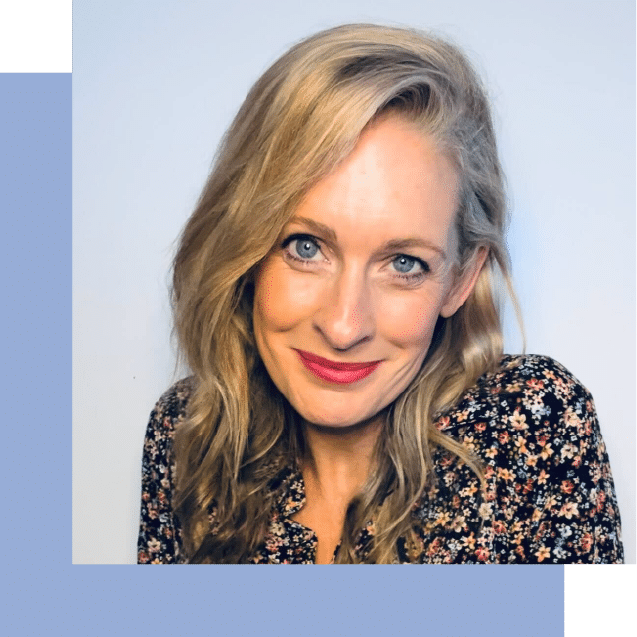
Thousands of women have transformed their lives using my programs and workshops.
Whether you’re seeking a quick shift or a full deep dive (with the transformation to match), you’ll find tools and training that can help, right here...
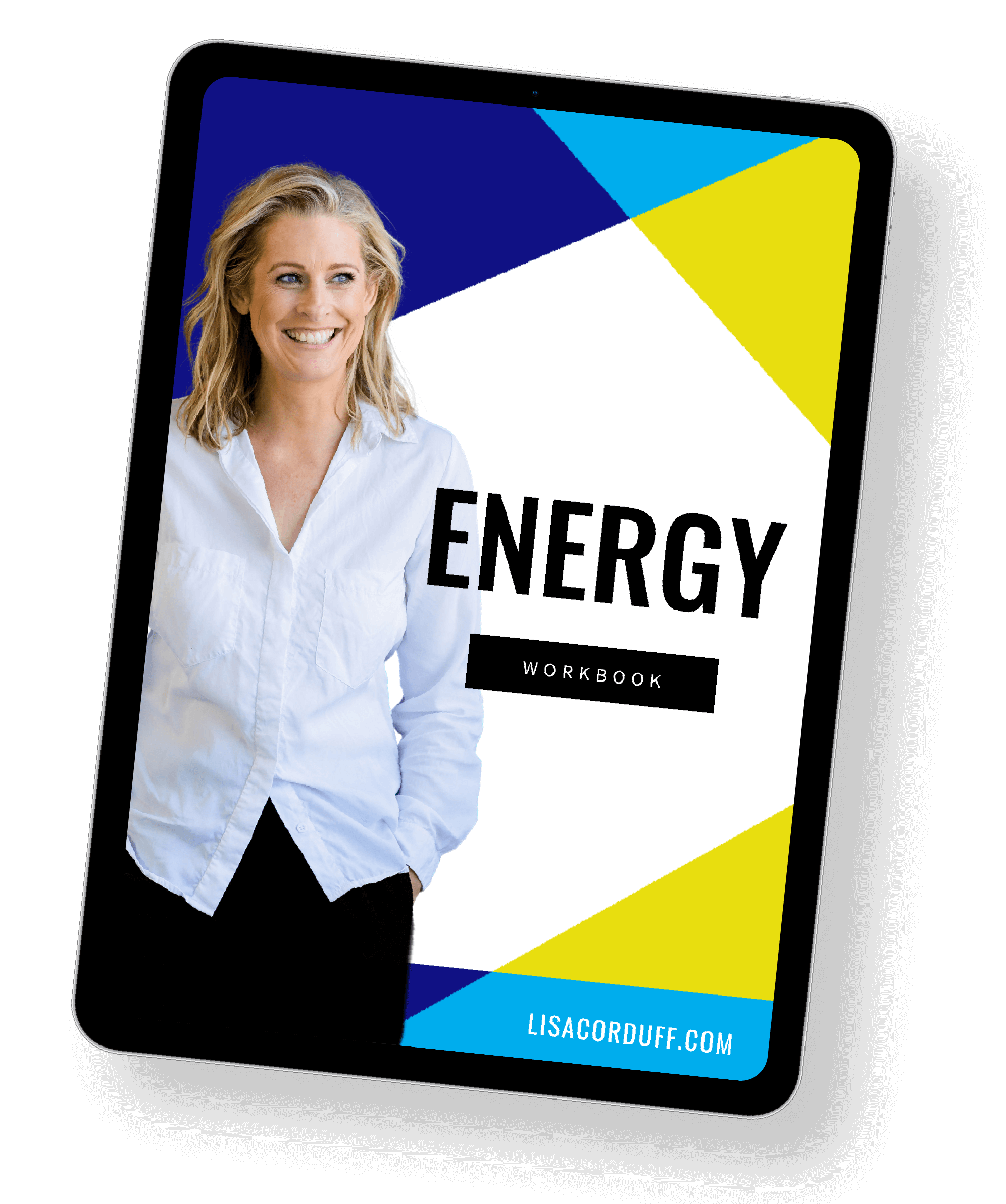
FREE Energy WORKBOOK
Get the simple, powerful workbook that can take you from tired and depleted to having your energy back. Even if life is really busy, you’ve got no time,And you’re not sure where to start
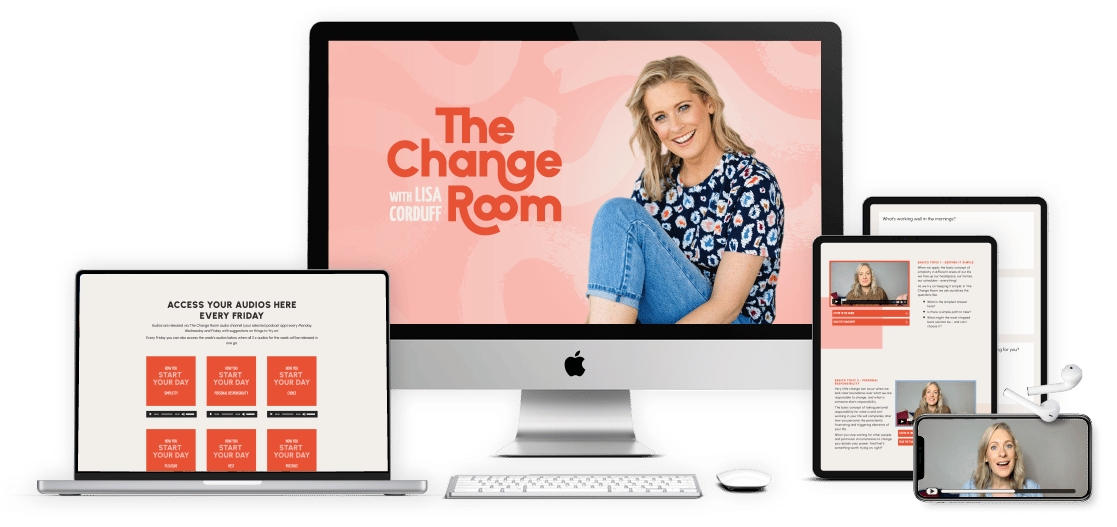
THE CHANGE ROOM
IT ALL STARTS WITH THE CHANGE ROOM.
You’ve changed, I’ve changed and it’s time to upgrade. Fun. Unpretentious. Easy. I can’t wait to welcome you inside The Change Room.
...WHAT ARE YOU WAITING FOR?

